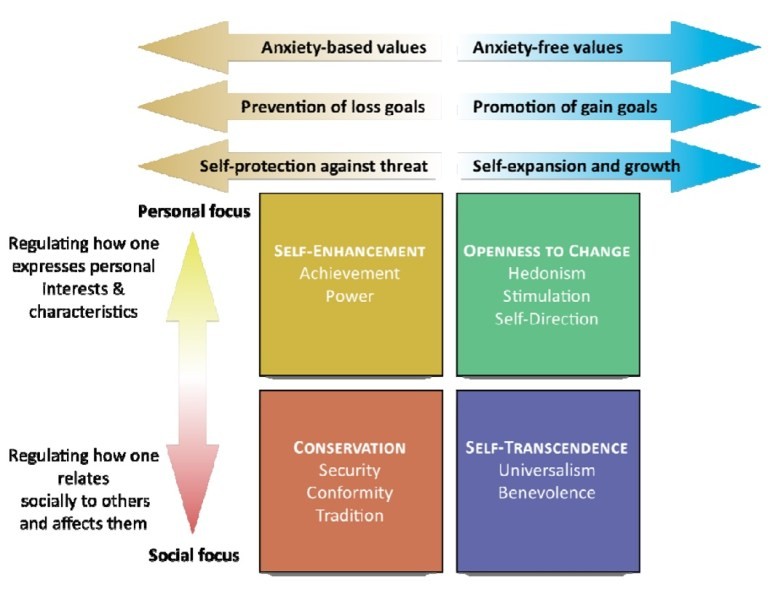
A groundbreaking study involving over 15,000 Australian adults has uncovered intriguing connections between intelligence levels and relationships. The research, published in Social Psychological and Personality Science, reveals that smarter individuals tend to prioritize independence, creativity, and helping others while placing less emphasis on traditional values and conformity.
The comprehensive study, led by researchers Jeromy Anglim and Andrew Marty, examined participants' personal values using Schwartz's theory of basic human values, which identifies 10 universal values recognized across cultures. Participants also completed personality assessments and intelligence tests measuring both learned knowledge and problem-solving abilities.
Results showed that people with higher intelligence scores placed greater importance on self-direction - valuing independence and creativity - as well as benevolence, which involves helping others. These same individuals were less likely to prioritize security, tradition, and conformity to social norms.
Interestingly, the study found that these value preferences were more strongly tied to crystallized intelligence - knowledge gained through education and experience - rather than fluid intelligence, which involves abstract reasoning and novel problem-solving.
The research also explored connections between personality traits and intelligence. Among personality dimensions, only openness to experience - characterized by curiosity and preference for intellectual exploration - showed a clear link to crystallized intelligence.
While the findings shed new light on how intelligence may shape our fundamental beliefs and principles, the researchers note that all observed associations were relatively modest in strength. The study's design also prevents drawing definitive conclusions about cause-and-effect relationships between intelligence and personal values.
This research offers valuable insights into understanding how cognitive abilities might influence what people consider important in life, potentially impacting their behavior, decision-making, and interactions with others.